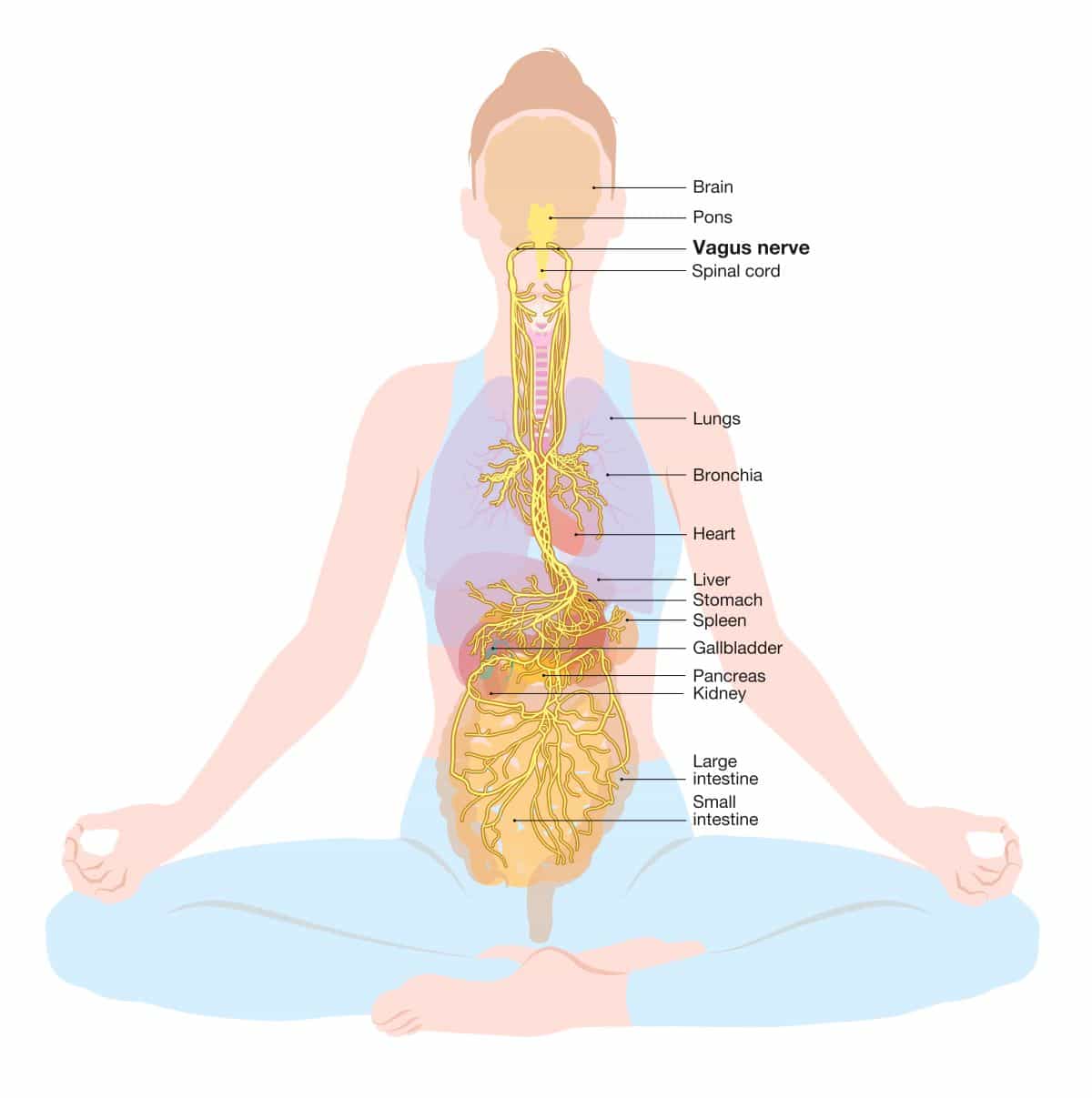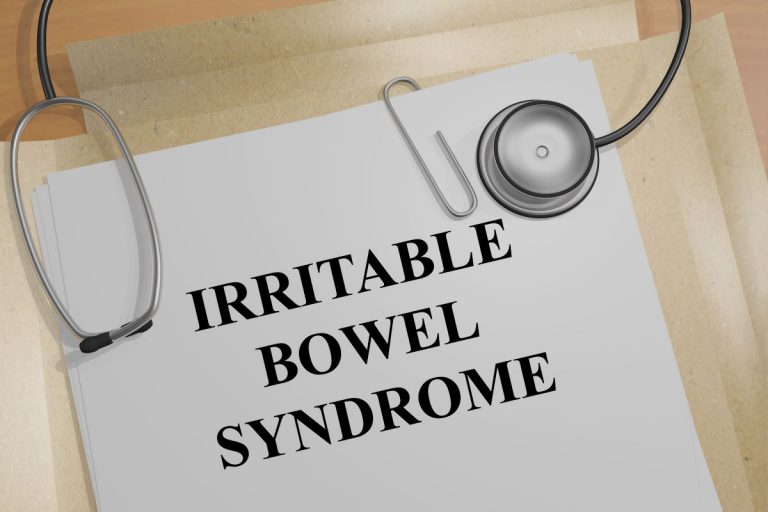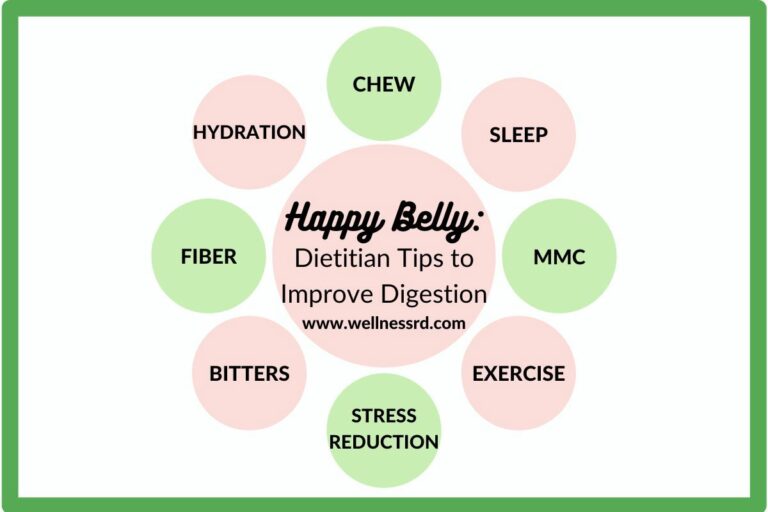Diet, Supplements, and the Vagus Nerve? Improve Your Gut Health
This article will explain the vagus nerve, how it affects your health, and what diet, supplements, and lifestyle changes can support the vagus nerve to create a healthy you.
This information is for educational purposes only. As with any medical advice, always check with your doctor or healthcare professional for personal and age-appropriate recommendations.
Let’s get started.
Want a copy of this article? Click here to download a copy.

Table of Contents
What is the Vagus Nerve?
The vagus nerve is part of the central nervous system playing a role in maintaining health and well-being. It carries signals from the gut and organs to the brain and vice versa (1). You may hear the term “wandering nerve” because of its long path through the body from the brain to the abdomen.
Why is the Vagus Nerve Important?
The vagus nerve is the longest cranial nerve. Also called the 10th cranial nerve, it impacts various organs in the body.
- Controls the parasympathetic nervous system (promoting your “rest and digest” function)
- Affects your mood
- Supports your immune function
- Initiates digestion
- Regulates heart rate, breathing, and dilation of the blood vessels

What Stimulates the Vagus Nerve to Support Good Health?
There is a relationship between vagus nerve activity and heart rate variability (HRV) (4). The more vagus nerve activity, the higher the HRV. Lower HRV is associated with chronic health conditions like cardiovascular disease, diabetes, inflammation, obesity, and psychiatric disorders (5, 6).
So how do you support the vagus nerve and increase heart rate variability (7)?
Nutrition and lifestyle play an important role in HRV and health. “Although more systematic research is required, various aspects of diet have been shown to benefit HRV acutely and in the longer term. Examples include a Mediterranean diet, omega-3 fatty acids, B-vitamins, probiotics, polyphenols and weight loss” (8). Maintaining a healthy diet by following a Mediterranean diet with adequate nutrients supports a healthy, active vagus nerve.
Supplements may also influence HRV.
Supplements that Support the Vagus Nerve
The Mediterranean diet along with supplements are part of a healthy anti-inflammatory nutrition program.
These supplements have shown promise in increasing vagal tone and HRV.
Choline
- Choline is essential for acetylcholine production, a key neurotransmitter (9). Some food sources may include eggs, beef, chicken, and sunflower seeds (10).
GABA
- A 2024 study concluded that Gamma-aminobutyric acid (GABA) increased HRV leading to a relaxation response and improved sleep (11).
Magnesium
Omega-3 Fat
- Omega-3 Fat, also known as fish oil, is associated with improved heart rate variability and cardiovascular health.
Prebiotics
- Prebiotic foods have special dietary fibers that produce short-chain fatty acids and may activate the vagus nerve (13, 14). Include fiber-rich plant foods in your diet like garlic, onions, artichoke, beans, bananas, and nuts.
Probiotics
- Studies are demonstrating that probiotics affect the central nervous system and may reduce neurodegenerative and psychiatric disorders such as Alzheimer’s, Parkinson’s, anxiety, and depression (15. 16). These psychobiotics are an exciting area of new research (17).
Sodium
- Increased sodium intake is linked to positive heart rate variability and vagal tone.
Specialized Proresolving Mediators (SPMs)
- The vagus nerve produces SPMs. Studies show a reduction in inflammation and pain with the use of SPMs (18).
Vitamin B12
- Vitamin B12 is important for nerve health and function (19). Food sources are mainly from animal products.
Vitamin D
- Optimizing vitamin D has been shown to support bone health, immune function, blood sugar balance, and brain health. Food sources are fatty fish, liver, and egg yolks however, it is challenging to meet optimal needs by food alone (20, 21).
The Vagus Nerve and Digestion
The gut and the brain are connected via the vagus nerve.
80% of your vagus nerve fibers send signals from the gut to the brain. Maintaining gut health is essential to support taste, hunger, fullness, and metabolism (22).
Only 20% of the fibers send signals from the brain to the gut. These signals support stomach secretions, digestive enzyme activity, and blood sugar levels (23, 24).
Lifestyle Changes That Stimulate the Vagus Nerve
What are some lifestyle changes that stimulate the vagus nerve and support your gut and brain health?
- Yoga, deep breathing, mindfulness, and meditation all promote relaxation and stimulate the vagus nerve (25, 26).
- Singing, laughing, gargling, humming: These activities engage the vocal cords and lead to a pulsating activity of the vagus nerve (27).
- Listening to music for nervous system stimulation (28).
- Exercise and cardiac fitness have a positive effect on HRV and vagal tone (29).
- Cold water immersion was studied in a systematic review and meta-analysis showing a slowing heart rate (30, 31).

Other Vagus Nerve Stimulation Methods
There are also transcutaneous vagus nerve stimulation (tVNS) which is a non-invasive method to stimulate the nerve (32).
Final Thoughts
There are various ways to support vagus nerve health through a combination of diet, supplements, and lifestyle changes.
The vagus nerve is the longest cranial nerve impacting various bodily functions, including digestion, mood, and immune function.
Heart rate variability is influenced by vagus nerve activity.
Supplement recommendations that may activate the vagus nerve include choline, GABA, magnesium, omega-3s, prebiotics, probiotics, sodium, SPMs, vitamin B12, and vitamin D.
Relaxation techniques like yoga, deep breathing, mindfulness, meditation, singing, laughing, gargling, and humming can activate the vagus nerve.
Choose some of these nutrition and lifestyle changes to activate your vagus nerve, increase your HRV, and improve your health.
Read more from my blog here.
© Amy Archer RDN, CLT, CHWC






